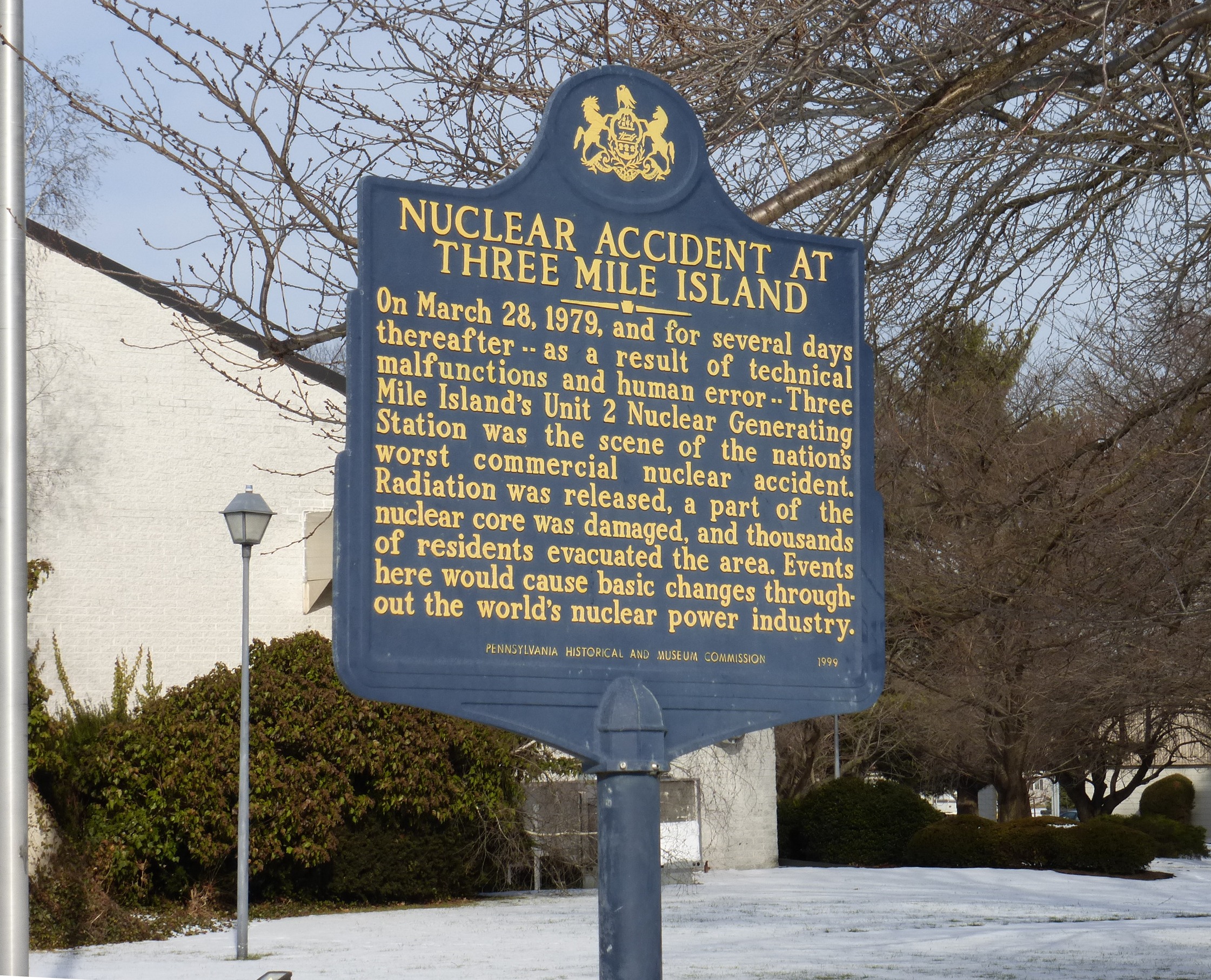13.2.1 Nuclear Power
William Patterson
One of the primary motivating issues of the late 20th-century Green movement was that of nuclear power. Occurring within the context of Cold War tensions between the United States and the Soviet Union – both of which had accumulated massive nuclear arsenals – nuclear power became a galvanizing force for the environmental movement. Environmentalists pointed out that nuclear waste was dangerous and difficult to dispose of. The radioactivity of nuclear waste lasts for potentially thousands of years and so has the potential to destroy the Earth and pose a health threat for many generations to come.
Environmentalists also pointed to the risks of nuclear accidents. This argument was bolstered by accidental meltdowns at Three Mile Island in Pennsylvania in 1979 and at Chernobyl in the Soviet Union (contemporary Ukraine) in 1986. Such scares were revived in the wake of a tsunami that destroyed a nuclear power plant in Fukushima, Japan in 2011, which resulted in nuclear material being spread both on land and in the ocean. Opposition to nuclear power production has had significant impacts in some countries. For example, from 1977 until 2013 no new construction was started on nuclear power plants in the United States (though some begun earlier were completed).

In recent years, opposition to nuclear power among some environmentalists has lessened. One likely reason is that the end of the Cold War has made nuclear production seem less ominous. But more important is that nuclear power is seen as one way to reduce the amount of energy produced by fossil fuels. As climate change has become the biggest environmental issue, many are reconsidering the place of nuclear power in energy production since it does not result in the emission of greenhouse gases. Many other environmentalists are still opposed, arguing that energy production should come solely from renewable sources such as solar and wind.
Media Attributions
- Three Mile Island accident sign © Z22 is licensed under a CC BY-SA (Attribution ShareAlike) license

